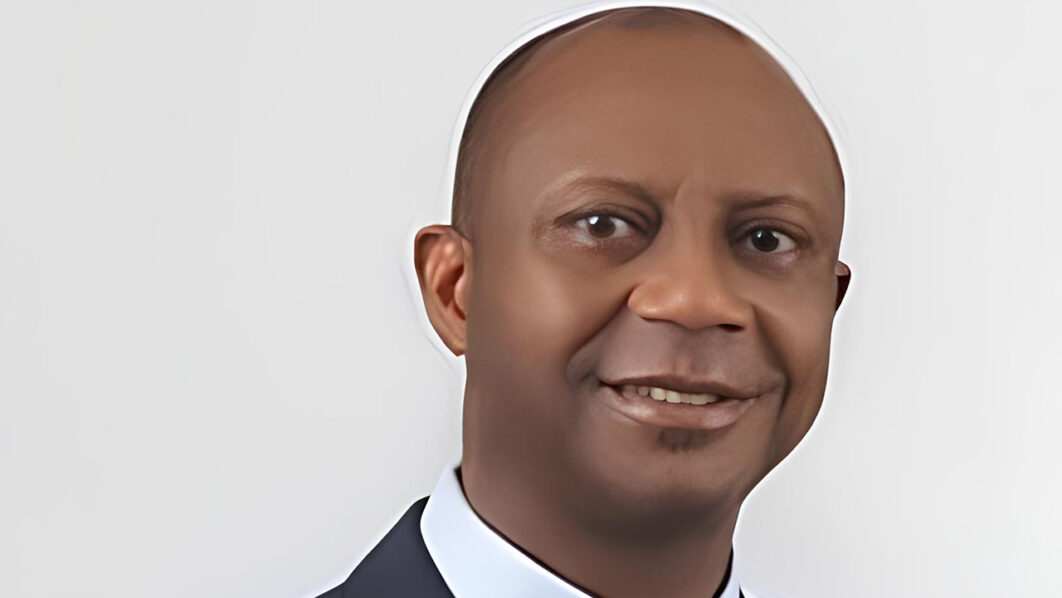
The Founder and Chief Consultant, B. Adedipe Associates Limited, Dr ‘Biodun Adedipe, said if the country does not consider manufacturing the growth driver, it will not achieve economic development.
According to Adedipe, the fundamental problems of developing countries have been reduced to food deficit, energy deficit and manufacturing deficit, which speak to Nigeria as it does not produce enough.
He said, unfortunately, most policymakers and analysts focus on the symptoms and effects of these deficiencies rather than the big question, which is how to produce more to bridge the gaps. He stated this yesterday in Lagos at the 2025 economic outlook event organised by the Nigerian-British Chamber of Commerce (NBCC) in Lagos.
According to him, anywhere there is a deficit, there is an opportunity to grow. He said in the last one and half years, there have been various reforms, which are key for businesses to operate and sustain efficiently.He noted that tax reform is a game changer for the country, stating that reversing reform is anti-growth. He said the government needs to create the right infrastructure in the country for businesses to thrive.
According to him, the springing up of refineries in the country will reduce the volume of products the country imports, with a positive impact on naira. Nigeria has applied the typical International Monetary Fund (IMF) recipe of eliminating premiums by devaluation of the domestic currency, which is mere financial and would not solve the underlying structural problems.
He said the enduring solution is expansive domestic manufacturing, agribusiness and relentless deliberate and focused export-driven growth.
Adedipe said the NBCC and its stakeholders have to respond to this in the context of their core mandate by continually tinkering with their strategy and business models.
The context, he said, includes macroeconomic concerns, deepening poverty, insecurity, consumer behaviour, employee restlessness, tech disruptions and liquidity.
Chief Executive Officer, Zenith Carex International, Dr Olamilekan Adelana, emphasized the importance of the logistics sector to support all sectors of the economy.
Adelana said energy plays a vital role in the movement of goods and services, saying the rising cost of energy affects logistics costs.
Managing Director/Chief Executive Officer, Transcorp Energy Limited, Christopher Ezeafulukwe, noted that the country’s approach to infrastructure must change if the country needs to move forward.
He said the challenge with the power sector is that the country is dealing with years of not doing the right thing that is expected of them, stating that reliability should be a low hanging fruit.
Managing Director/ Chief Executive Officer, 9mobile Nigeria, Obafemi Banigbe, said the telecoms industry in Nigeria has opportunity for growth, stating that there is an upward trajectory in Smartphone usage.
Banigbe said the industry is going through difficult times with the price of diesel going up.
According to him the telecoms consume about 40 million litres of diesel every month, stating that if there is a rise in the price of diesel it affects the telcos.
He said the country needs to invest more in digital infrastructure, saying everything that needs to develop the sector needs to be tech driven.
Earlier in his remarks, President & Council Chairman, NBCC, Ray Atelly, said this year, as the world undergoes significant economic transformations, businesses must stay ahead of emerging trends and potential disruptions.
Atelly said key areas of focus will include shifts in international trade dynamics, evolving regulatory policies, technological advancements, and geopolitical influences all of which play a pivotal role in shaping market conditions and business strategies.
He said with innovations such as artificial intelligence, digital finance, and green energy reshaping industries, organisations must adapt to remain competitive. Additionally, fluctuations in supply chains, interest rates, and consumer behaviors add layers of complexity that require informed decision-making.






